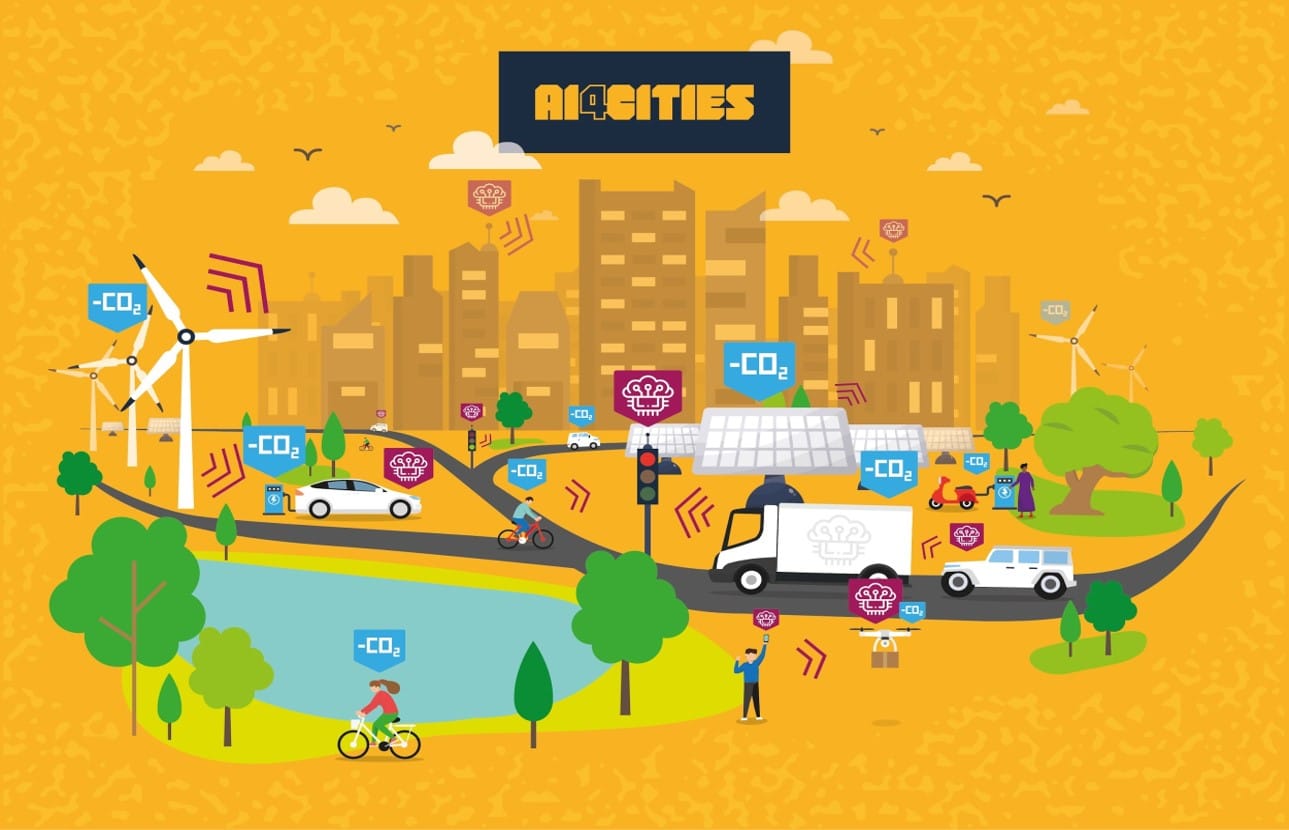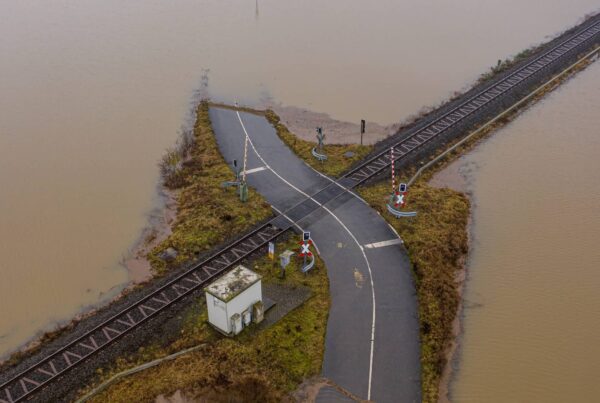You may have seen it in the media these days: innovative sustainable initiatives for smart cities driven by artificial intelligence (AI), like AI4Cities. Why is that? The city of Amsterdam aims to be climate (carbon) neutral by 2050. This is in line with European multi-city commitments to reduce CO₂ emissions in the limelight of climate change as a result of human action (Source: Roadmap Climate Neutral Amsterdam). Carbon neutrality and innovative alternatives as a response to climate change is also one of the top priorities of current EU funding streams to stimulate Small and Medium-sized Enterprises (SMEs). The idea is to innovate through smart cities and perhaps become a counterweight to more large-scale corporate organizations and industries that have put quite an undesirable climate footprint. If we want to turn the tide and predicted future climate change, with catastrophic consequences for generations to come, the time to act is now.
Using alternative means of generating and consuming energy are a few starting points. This is what scholars, certain politicians and activists are convinced of doing with high-speed. The road ahead seems long, 2050 is just a tiny bit less than 30 years ahead. Considering we are facing the COVID-19 pandemic currently, climate change does not seem to ring a more pressing bell than a life-threatening disease.
Why is Climate Change Urgent After all?
Nevertheless, while competing public health and political priorities, whether a pandemic or climate change, it is both a public issue for policy makers and decision-making bodies at high-level to act upon. It affects our human-wellbeing and planet. Cautiously, there is a silver lining with vaccination happening, to put it utmost carefully. Simultaneously climate change is not stopping, not slowing down in pace and above all not taking a pause nor keeping the pandemic into account. Climate change, and our behaviors of mobility, production and consumption keep on blazing through. Controlling for air flights slowing down in the past year, it is no wear near having long-term impact on climate change. Considering we can also predict our behavior once travelling and air cargo regain full large-scale freedom, we most likely will be back at it, just as before. Perhaps working remotely, which has become an ever bigger functioning reality over the past year, will only stimulate us to travel more, using more vehicles with a high demand on CO₂ emissions.
Just as we (have) witness(ed) with COVID-19, climate change and the need to reduce CO₂ emissions do not stop at the border. A virus and extreme weather conditions could not care less about a border that we as humans have deliberated on. Therefore, perhaps stating the obvious, it is a high risk that needs to be mitigated with great innovation initiatives.
How can AI Help in Achieving Carbon Neutrality? AI4Cities
Relevant questions tackling climate change are: where to start and what resources to utilize? Here is where Artificial Intelligence (AI) comes in. It allows for smaller pilots with huge impact the opportunity to scale-up, learn and exchange between cities. The EU’s Innovation Horizon Programme enabling the call for tenders of AI4Cities, that is taking place this summer and beyond, is exactly the high-level decision to stimulate carbon neutrality. One key example is the mobility and movement of people and transport in a city.
How to Accelerate Climate Neutral Urban Mobility with Innovation?
With mobility there are two seemingly low-threshold ways to go about accelerating climate neutrality, starting in Amsterdam:
- Limit polluting traffic
- Clean up all polluting vehicles and vessels
To act upon it requires breaking down complex movements of people and predicting human behavior. Secondly, it requires a response of offering alternative vehicles or modes of transportation. This is where AI4Cities and all the amazing consortia, partnerships and multi-disciplinary solutions come in. Innovative alternatives are being built as we speak. With a phased and well-thought-out process by the organizing EU agencies, this is exactly where the expertise of Amsterdam Data Collective and possibly fall into place.
Would you like to know more?
Do you want to learn more about our work for AI4Cities or possibly collaborate? Please contact Casper Rutjes (CTO) at casper@adc-consulting.com, or check our contact page.
What stage is your organisation in on its data-driven journey?
Discover your data maturity stage. Take our Data Maturity Assessment to find out and gain valuable insights into your organisation’s data practices.







